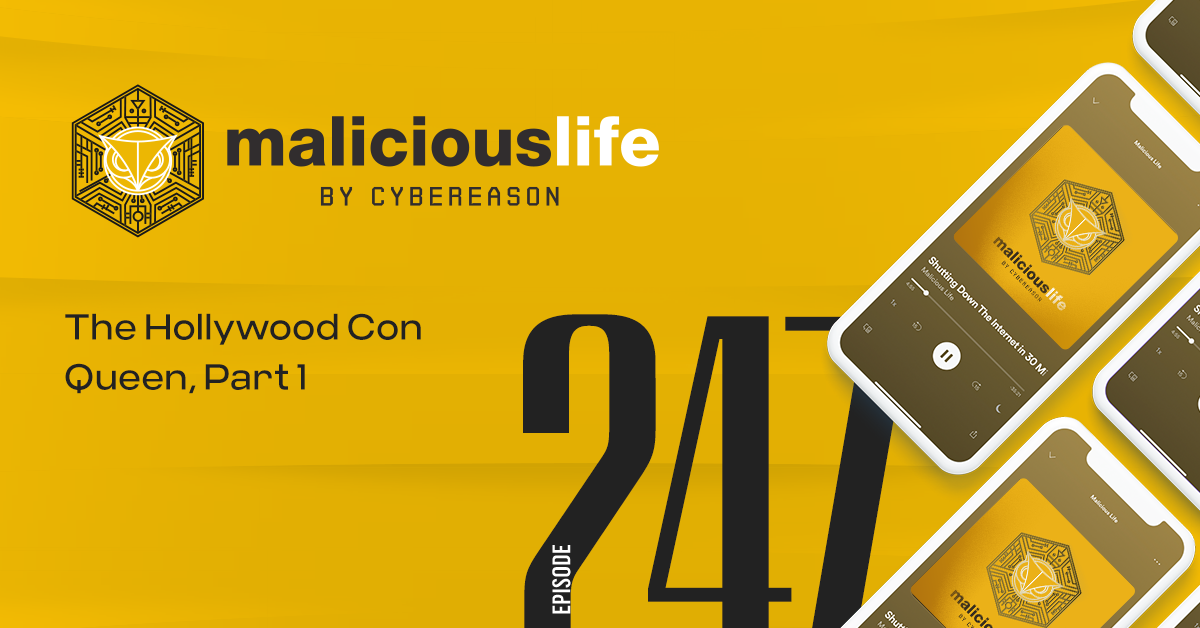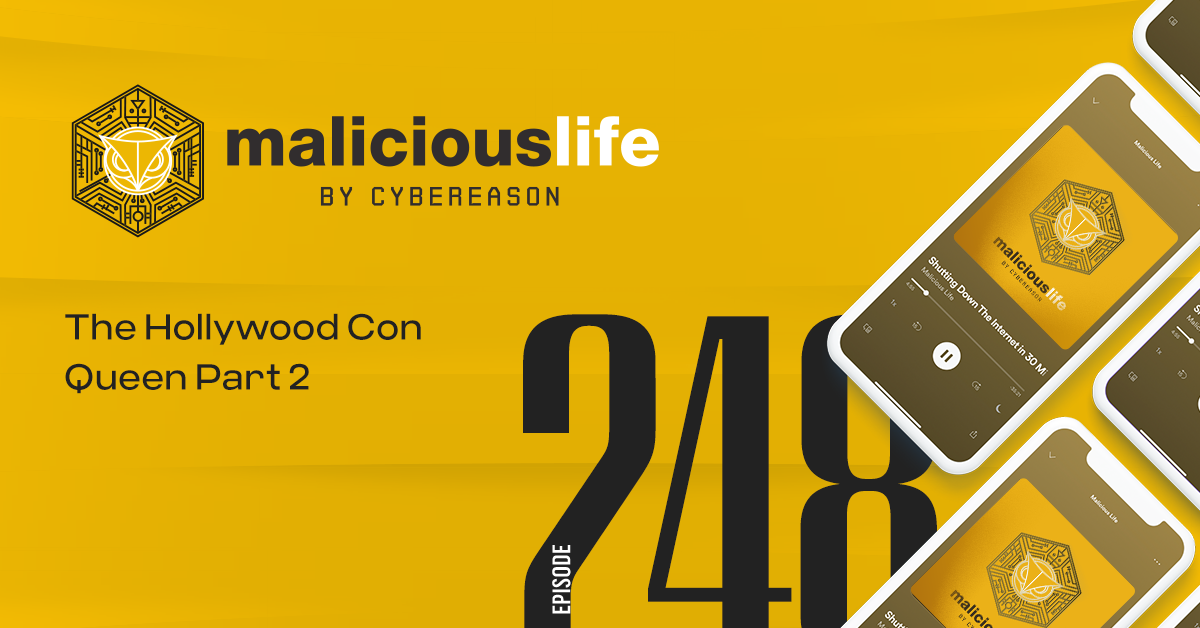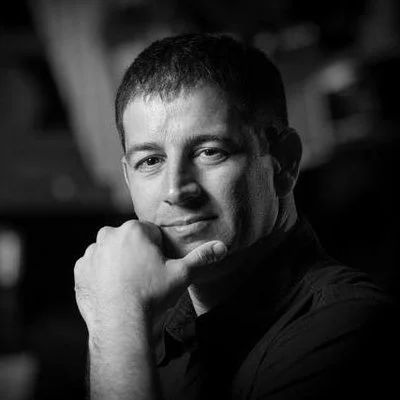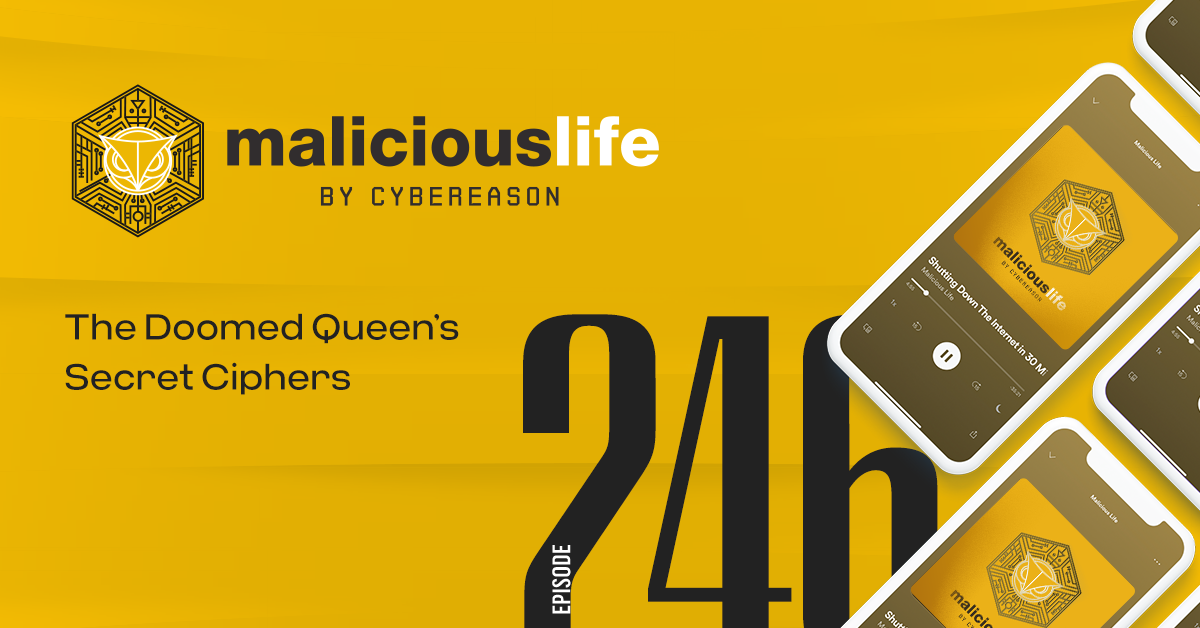Three months into her investigation, Nicole Kotsianas was stuck.
She was hunting a predator: a scammer who targeted freelance professionals, mainly from the movie industry, and impersonated powerful female producers. The scammer promised her marks an opportunity of a lifetime: to take part in a Hollywood blockbuster production. She sent them to Indonesia to scout for filming locations or fulfill similar bogus tasks – where they were then asked to pay thousands of dollars for various services, never to see their money again.
The Con Queen
After speaking with many of the victims, Nicole had formed a vague picture of the person she was going after. Initially, she thought she was dealing with a team of scammers, perhaps working off of pre-written scripts in a sort of a ‘boiler room’ setting. But after listening to several recordings of the scammer as she was impersonating different people, she picked up on subtle common similarities. Although the Hollywood Con Queen, as she was known, could imitate an amazing variety of accents and speech patterns, she tended to reuse some phrases, such as “Just a real heads-up”, or “No, no, no, no, no’”. It made Nicole realize that all these different people were actually one and the same.
And the Con Queen was absolutely driven. She worked hard, running multiple scams in parallel and calling her marks at all hours of the day, be it the middle of the night or in the early morning. She meticulously researched her victims and the VIPs she impersonated, and was very knowledgeable about every aspect of the movie making business: Nicole suspected that she might be working in the movie industry.
Most intriguing of all, she didn’t do it for the money – or at least, not only for the money. “Other impersonation scams that I’ve personally investigated work within business hours,” Nicole said in an interview, “It’s a business: You’re clocking in and clocking out.” But there was a deeper, more twisted motive for the Con Queen’s actions: she seemed to enjoy tormenting her victims, toying with them and causing them great emotional suffering even after the mark had been bled dry of all his or her money and the con was practically over. And of course, there was the sex: she often made her male victims enact graphic sex scenes with her, allegedly as an audition – but it was obvious that the Con Queen was getting off these virtual sex calls.
Early in her investigation, when Nicole realized the sheer scope of the scam, she reached out to the FBI. The Bureau, however, wasn’t interested in pursuing the case. The scams tended to involve only several thousand dollars each, and the FBI had more pressing investigations to handle.
But even after she was done helping her direct client – famed movie producer Amy Pascal – Nicole wasn’t able to let go of the case. The stories she heard from the victims she spoke with touched her at a deeper level.
“There were definitely nights where my husband would tell me – turn off the computer, in like 3 in the morning. […] I think I was obsessed with seeing it through. Nothing’s dissuading him from what he’s doing, and so I felt I had to be an advocate for [his victims] because nobody else was.”
Nicole asked her bosses at K2 Intelligence, the corporate investigations firm she was working for, to allow her to pursue the case even without any paying clients. They agreed.
Gavin
With no new information available to her, Nicole followed a colleague’s advice and in early 2018 persuaded Pascal to file a civil lawsuit against the perpetrator. Even though the Con Queen’s identity was still unknown, the lawsuit allowed Nicole to query the companies whose services the scammer used, such as domain registrars, VOIP phone number providers and website hosting companies.
As she hoped, the subpoenas brought her new information. She found a UK citizen – an Instagarm influencer – who registered some of the domain names used in the scam. When she contacted the man, he was eager to assist her: he was already served a cease-and-desist order by attorneys, and apparently was desperate to clear his name. He told Nicole he set up the domain as a favor to a friend of his, another Instagram influencer named Gavin Lal.
Gavin. Several victims told Nicole that the scammer used that name on occasion, although with a different surname – Ambani.
She created a fake Instagram account, and started following Gavin: his account, called “Purebytes”, was all about fancy food and restaurant reviews. Gavin, it seems, was a 30-something gay man of South Asian descent, who loved crossfit, cold showers and of course, good food. Apparently, Gavin was living in London, which didn’t come as a surprise to Nicole: the Con Queen also tended to use words common in British English, saying “solicitors” instead of “lawyers”, for example.
A few days after her conversation with the influencer who assisted Gavin – her phone rang: a call from an anonymous number. It was Gavin himself, and he sounded even more desperate than the first influencer she spoke with: It was all one big misunderstanding, he said, and she must help him clear his name. He told Nicole that he himself was a victim of the con: a woman named Maggie Ling contacted him two years earlier, asked him to take a work trip to Indonesia, and to help her set up the fake domains. He said that Ling owed him money.
It was essentially the same story she heard from many other victims of the con – but Nicole sensed that something was off. Gavin only used anonymous phone numbers, and always sounded frantic, as if he was on his way to an important meeting or something similar. He would call her several times a day, sometimes as early as 5 a.m., but as much as he liked to talk – never provided any significant information. When she probed him with more pointed questions, she says, his answers often became incoherent.
At some point, Nicole insisted that Gavin take down the fake Amy Pascal domain, else she would turn the matter over to the police. Gavin’s tone took a sharp turn. Instead of wanting to help her, he now began to threaten her. He and his “team of lawyers,” he said, were now contemplating legal action against her. He also mentioned creepy personal details about her private life, letting her know he was doing his own research, profiling her.
When Nicole failed to budge, the calls stopped.
Not long after, Nicole got hold of another lead: a UK-based fitness coach, who paid for some of the fake websites the scammer was using. He, too, told her that he did it as a favor for Gavin. The fitness coach pointed Nicole to a Greek web designer, who confirmed that he was the one who created the phishing websites: he believed he was working for real subsidiaries of well known movie production companies – until he started getting angry cease-and-decease letters from their lawyers. The Greek web designer told Nicole that he designed the websites according to requirements provided by a female contact he knew as “Eileen.”
This gave Nicole pause. The fitness coach told her he was working for Gavin, a man. The web designer was speaking to a woman.
Then it dawned on her. Almost all of the victims she spoke with were certain they were talking to a woman. Even a forensic expert who listened to recordings of the imposter determined that it was a female’s voice. But if the Con Queen had one, undeniably amazing talent, it was her ability to imitate an unparalleled variety of accents and voices.
The Con Queen was no Queen.
“It’s a man!” she shouted excitedly at no one in particular in K2’s offices. “It’s a man!”
A Real Name
One of the things that Gavin told Nicole during his endless ramblings on the phone with her, is that he was a US citizen, and went to Bradley University in Peoria, Illinois. Nicole doubted that much of what he told her was true, but decided to check this lead, just to be sure.
She browsed databases of college students, trying the various names she came across in her investigations: Gavin Lal, Gavin Ambani and several others. All searches came back empty: there was no student with any of these names, in Bradley or any other university. She then tried a different variation, this time with Tahil as a middle name and spelled a little differently. Still, no such student. But then the system she was working on suggested a similar sounding name: Mar Gobin Taheel Ramani.
Mar Gobin…It sounded somewhat familiar. Nicole went back to Bradley University’s records, and quickly found the name she was looking for: Hargobind Tahilramani. All these other names she encountered were merely variations or misspellings of the name of an Indonesian student who studied at Bradley in the late 1990s.
Nicole turned to Google, and the first search result was a bullseye. It was an article from a local Indonesian newspaper from late 2010, which reported about the early release from prison of one Hargobind Punjabi Tahilramani, described in the article as a “dangerous terrorist” who threatened to blow up the American embassy in Jakarta. Accompanying the article was a picture of a man whose face she was, by now, very familiar with: Gavin Lal, the host of Purebytes.
Hargobind Tahilramani
The following is an amalgamation of the various pieces of information gathered by the different people who investigated the scam over the years: Scott Johnson, a journalist for The Hollywood Reporter, who wrote several articles about the Hollywood Con Queen that were instrumental in bringing the con to the public’s awareness, Reporters Vanessa Grigoriadas and Josh Dean who did a podcast called “Chameleon: Hollywood Con Queen”, and of course Nicole Kotsianas herself. The details paint an image of a smart, driven, yet mentally disturbed man.
Hargobind Tahilramani was born in 1979 to a relatively wealthy Indonesian family. His father, Lal Tahilramani, was a prominent producer and script writer, and Hargobind’s parents could afford to send him and his sisters to one of Indonesia’s elite schools, where he learned to speak English fluently.
But Hargobind was a troubled child. People who knew him said that ‘something was off’ with the young boy. It probably had to do with his very noticeable effeminate demeanor. Since homosexuality is still very much a taboo in Indonesia’s conservative society, Hargobind was a constant target for insults and beatings from both kids his age and even his teachers.
Movies – and especially Disney’s animated films – were his escape from this harsh reality. His father had an extensive collection of movies, and Hargobind spent long hours watching and rewatching them. He was drawn to strong female lead actresses such as Meryl Streep and Glenn Close – and in particular to Disney’s female villains, such as evil Ursula from the Little Mermaid.
Hargobind’s mother, to whom he was very much attached, passed away when he was still young. His stern and demanding father passed away as well not too long after, and Hargobind was left with his two older sisters. Their relationship quickly deteriorated, and he was sent to a gay conversion clinic, where for six months his instructors tried to ‘exorcize’ the ‘evil spirit’ that took hold of him.
When he turned 18, Hargobind traveled to the US and enrolled in L.A.’s City College. He later transferred to Bradley University in Illinois, where he went by the name of Harvey. Students who knew him say that he always tried to befriend the more powerful people around him – from senior students to teachers and coaches. It was as if he was “fetishzing people more successful than him”, as one fellow student put it.
As a student, Harvey joined the university’s competitive speech team, where he did quite well – unsurprisingly, given what we now know about his persuasive powers as a scammer – reaching the quarterfinals in a National competition. But then, a former teammate noticed that his speech was copied, almost verbatim, from another competitor the previous year. Harvey was disqualified, quit the university and left a suicide note blaming the student who exposed him for ‘ruining his life.’ He vanished, and his teammates were certain that he had really killed himself – until the next year, when someone phoned in threatening to detonate a bomb during that year’s speech competition. The police traced the call to Indonesia.
In 2006, Hargobind was arrested in Indonesia for embezzlement – probably another fallout from the conflict with his sisters – and was sent to one of Jakarta’s harshest prisons. While there, for a reason not fully understood, he called in a bomb threat to the U.S. Embassy. Putting on the accent of an American, then an Iranian and even a Russian, he informed the embassy that bombs planted both there and in the Pentagon, were about to go off in the next 72 hours.
The call was quickly traced back to the prison. An Indonesian anti-terrorist police squad stormed Hargobind’s cell, and he immediately confessed. This “little” prank cost Hargobind an extra 3 years behind bars, and a severe beating from the other inmates whose cell phones were confiscated by the prison authorities.
But Hargobind’s years in prison weren’t a complete waste – and maybe even the opposite. While there, he met a seasoned con man called Rudy Sutopo, who grew to be a sort of father figure to Hargobind, took him under his wing and made him his protege. When the two men were released in late 2010, they started working together. They posed as producers, organized phony events such as a Miss Teen Indonesia pageant, and conned an untold number of locals for hundreds of thousands of dollars.
Sometime in 2012, Hargobind – with or without Rudy, it’s unclear – started the scam that would come to define the rest of his criminal career. Greg Mandarano, whose story we told in the first part of this episode, was one of his early victims. At first, Hargobind met with his victims in person, playing the part of every other major character in the con: he was both Anand Sippy, Jing Hui Lang and their “big boss”, Sussana. But shortly after Greg’s con, Hargobind decided to stop meeting his marks in person and only communicated with them via the internet. This might have been because of the risk that such real-world meetings incurred – or because he was becoming too well known as a conman in his home country of Indonesia.
In 2016, Hargobind decided to move to the UK, where his career took a surprising turn. He kept on scamming people as the Con Queen, but in parallel created a new persona for himself as Gavin Lal, the Instagram food influencer. As Gavin, he maintained his usual disposition for deception and deceit: for example, he pretended to be from the Ambani family – one of India’s wealthiest families- presented himself as working for Netflix on a future foodie project, and scammed a well known portrait photographer.
But curiously, it seems that despite these occasional lies and deceits, Hargobind’s goal wasn’t to scam people in the UK restaurant industry out of their money: restaurant owners who worked with him say that he always paid his bills. As weird as it sounds, it’s possible that Hargobind really wanted to become a legitimate foodie influencer, even as he was running hundreds of scams as the Hollywood Con Queen.
FBI
Starting in July 2018, journalist Scott Johnson published a series of articles about the Hollywood Con Queen in The Hollywood Reporter magazine. In his articles, Johnson emphasized Nicole’s role as the lead investigator of the case, and the exposure brought many more victims to reach out to Nicole and tell her their stories.
A few weeks later, Nicole decided it was time for her to reach out to the FBI once more. The total amount of money stolen from the 500 or so victims she was aware of was way more than the $1M that the FBI set as the minimum amount of financial damage worthy of launching a new investigation.
Finally, the FBI agreed to take on the case, and Nicole provided the agents with all the information she collected. The Bureau also had one more important piece of information.
“[Greg] While we were on our final trip, my sister Melanie became friends with one of the tour guides.”
That’s Greg Mandarano. In 2015, after Hargobind conned him and his family out of some $70K, he unsuccessfully tried to get the FBI and the Interpol involved in the case. Sometime later, however, he stumbled upon a very surprising find.
“[Greg] Fast forward to the following year, April 2016. Melanie got contacted by a man named Mike Swick. Mike Swick is a mixed martial artist guy who lives in Thailand.”
Swick, a former MMA fighter, was also one of Hargobind’s early victims, and was similarly sent on a bogus scouting mission in Indonesia. He never met Greg or his sister, but it turned out they shared the same tour guide who was hired to escort them in their various tasks. At a certain point, Mike started to suspect that he was being conned, and reached out to Greg’s sister through their common tour guide. After he learned of the con, he hired a local private investigator who unearthed a photocopy of a passport that Hargobind gave the touring agency whose services he used. It was a fake passport, using the name Gobind Lal Tahil – but crucially, it had Hargobind’s picture in it.
Two years later, Greg stumbled upon Scott Johnson’s article in the The Hollywood Reporter.
“[Greg] And no one knew what he looked like, no one had ever met this person in person before. But there was an audio recording and I listened to it. I don’t even know how I stumbled across the article – I just browsed The Hollywood Reporter every once in a while because I write scripts. And I listened to the audio recording and it was Hui Lang! and I sat up and went “oh my god!”, and I contacted him and I said – i’ve got this person’s name, passport pictures…oh, by the way, I met with him in person half a dozen times.”
Johnson put Greg in touch with Nicole, who in turn put him in touch with the FBI. So now the Bureau had in its possession all the major pieces of evidence connecting Purebyte’s Hargobind to Anand Sippy and the earlier cons in Indonesia.
A Meeting In Manchester
Scott Johnson knew that the clock was ticking.
It’s 2020, two years after the FBI had launched its investigation into the Hollywood Con Queen scam, and the seasoned journalist was convinced that the Indonesian con man will probably be arrested in the very near future. Even though Hargobind was very much aware of the investigation against him, as his phone calls to Nicole showed, he was still very active on Instagram – but that wasn’t to say that he couldn’t decide at any minute to make a run for it and disappear off the face of the earth. Scott tried to reach out to Hargobind over Instagram messaging, but the con man declined to answer.
He got his chance in September 2020, when Hargobind agreed to be remotely interviewed by one of his Instagram friends. During the interview, Hargobind held his phone’s camera in selfie mode, showing a typical cityscape in the background. He told the interviewer that he was in London, but Scott knew better than to take him on his word. And he was right: by using Google Maps and consulting with a friend who lives in the UK, Scott discovered that Hargobind was actually staying at an apartment hotel in Manchester.
Scott flew to the UK, booked an apartment at the same hotel, and waited at the lobby. A few hours later he saw Hargobind exiting the elevator and heading out. The journalist followed him for a few blocks – but then Hargobind took a quick turn around a corner, and disappeared. Disappointed, Scott returned to his room, and tried the same trick the next day, hoping that the conman didn’t notice him the first time. It worked. Hargobind left the hotel at roughly the same hour, and this time Scott approached him on the street and introduced himself.
Scott filmed the encounter, and it was shown in an Apple TV documentary based on Scott’s investigation and a book he later wrote on the Con Queen. Hargobind was visibly shocked: he wasn’t aggressive towards Johnson, but refused to be interviewed, saying that he wants his story to come out – but he needs some “time and space,” as he put it.
Scott returned home to Seattle, and over the next few weeks he and Hargobind spoke over the phone and Zoom video calls. As expected, the Indonesian was reluctant to speak about the scam, and preferred to talk about the abuse he went through as a gay teenager in his home country, and about his love of all things Cinema. He told Scott about how he looked up to strong female producers, and that he always wanted to be a part of the movie industry, as writer or director. Strangely, considering the career path he chose for himself, he constantly went on about how worried he was that his name would be tarnished, and that he wanted “his truth” to come out. In particular, he hated Nicole Kostinas, who he claimed made her life’s mission to destroy him.
“What I find her to be is uninformed and playing with emotions. She thinks she’s invincible because she is a detective. It became her passion project, to destroy me. She went out on a limb and took it upon herself to be the super police. If she continues tormenting the person, even if she wants me to get the death penalty, which I won’t get because I haven’t done anything to kill anybody, I’m going to bring her down with me. And sir, don’t get me wrong. If I can pick myself up from zero and bring myself to London, Nicoletta is an easy job.”
Amazingly, even while he was speaking to the journalist, Hargobind kept on scamming people. The only thing he changed – probably because of the growing public awareness of his ploy – was that he shifted to impersonating male producers instead of female ones.
Much like he was with Nicole and many of his victims, Hargobind was obsessive for Scott’s attention: he called him 4 or 5 times a day, at all hours of the day and night, talking – no, raving – for hours without really saying anything. Scott admits that after a few weeks of this relentless torrent of words, he secretly wished for Hargobind to get arrested already, just to get a break from the never ending calls.
Arrest
And then, it finally happened. On November 26, 2020, the UK police raided Hargobind’s apartment and arrested him.
While in custody, Hargobind underwent multiple psychiatric evaluations. One of the experts who interviewed him determined that he was suffering from some sort of personality disorder. Another thought that he might have bipolar disorder, and a third diagnosed him as having “psychopathic traits.”
No matter the exact psychological underpinnings of his condition, almost everyone agrees that as harsh as Hargobind’s childhood was – and it seems that it was pretty harsh indeed – there’s something darker lurking behind his wide grinning smile. A compulsive attraction – combined with deep resentment – towards people who made it big, particularly powerful women. Something that makes Hargobind glean twisted pleasure from cruelly shattering Hollywood-wannabes hopes and dreams. Something that makes him want to cut other people down to his size.
And above all, says Nicole, stands Hargobind’s profound love for Hollywood.
“He’s somebody who loves cinema, has an appreciation for it. That was not part of the scam. That was his true person coming through. And I think that’s why he kept coming back to Hollywood, despite other versions of the scam actually being more effective, when he was impersonating some of the high-net-worth individuals who have quite a low public profile, and it’s easier to convince people that they would be hiring you for security and things like that – he kept coming back to the Hollywood premise, despite some of the media coverage that was putting it out there and making it harder for him to scam people, he kept coming back. And that tells me it’s because it was, in a strange way, I think like a little bit of a love letter to Hollywood in ways.”
Despite his lawyer’s efforts to keep their client in the UK, in July of 2023, a district judge found Hargobind to be “dishonest and manipulative”, and ruled that the conman will be extradited to the United States, where he will face eight charges of fraud and identity theft. His extradition is waiting to be formally ordered by the UK’s Secretary of State.







